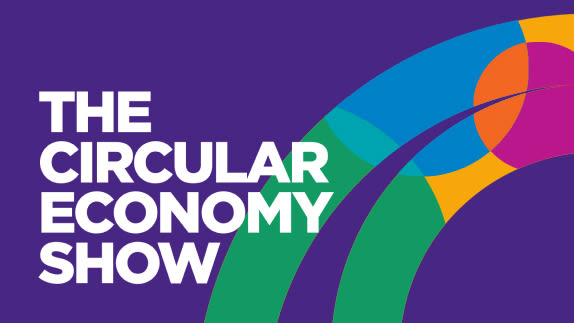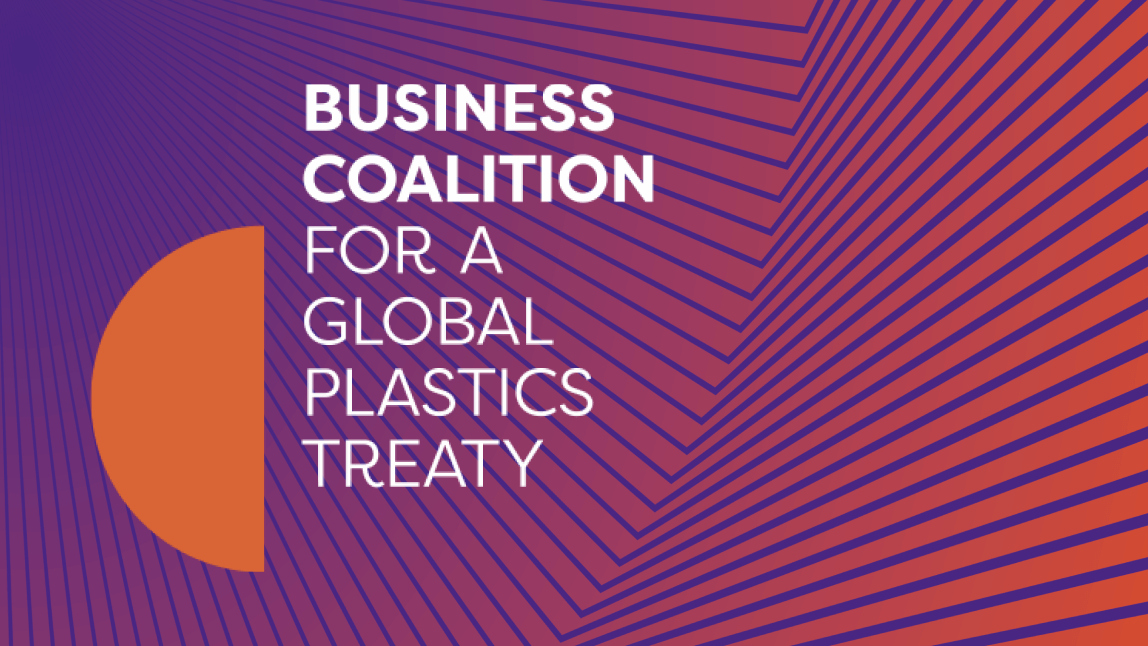To be effective in ending plastic pollution, the UN treaty needs to be based on legally binding global rules and comprehensive circular economycircular economyA systems solution framework that tackles global challenges like climate change, biodiversity loss, waste, and pollution. It is based on three principles, driven by design: eliminate waste and pollution, circulate products and materials (at their highest value), and regenerate nature. measures. It is clear that we cannot recyclerecycleTransform a product or component into its basic materials or substances and reprocessing them into new materials. our way out of the plastic crisis. To drive change at scale, it is critical that negotiations focus on obligations and measures that drive innovation upstream and midstream through reduction, redesign, and reusereuseThe repeated use of a product or component for its intended purpose without significant modification., in addition to important downstream measures, such as waste management.
We are encouraged that many Member States taking part in the third round of the Intergovernmental Negotiating Committee (INC-3) in Nairobi expressed support for ambitious provisions, including the elimination of plastic products that are commonly identified as problematic, the emphasis on product design, and Extended Producer Responsibility (EPR). All these elements are essential to eliminate plastic pollution. Additionally, there was support from many Member States for measures that enable a fair, equitable, and inclusive transition, which we support.
However, we were concerned by some calls to limit the scope of the treaty to downstream measures only, including through removal of treaty provisions on primary plastic polymers. We also hope that treaty text on reuse can be expanded to go beyond product design. To enable the necessary system transformation to scale reuse, it is vital to also establish suitable infrastructure and make the economics work.
Overall, there was limited formal progress at INC-3 with no mandate for either a formal programme of intersessional work or for the development of the next version of the “zero draft” treaty text. Without these being in place, it will be even more challenging to agree an effective and ambitious treaty in the final two rounds of negotiations.
However, we urge the delegations not to give up on the ambition shown by many governments at INC-3 and look for ways to progress so that the detailed negotiations can still start at INC-4 in Canada in April next year. We remain committed to supporting the negotiations by sharingsharingThe use of a product by multiple users. It is a practice that retains the highest value of a product by extending its use period. our insights and expertise, and continuing to champion the need for a UN Treaty based on legally binding global rules and comprehensive circular economy measures to eliminate the plastics we don’t need, innovate towards new materials and business models, and circulate all the plastic we still use to ensure that we realise the vision of a world in which plastic never becomes waste or pollution.






